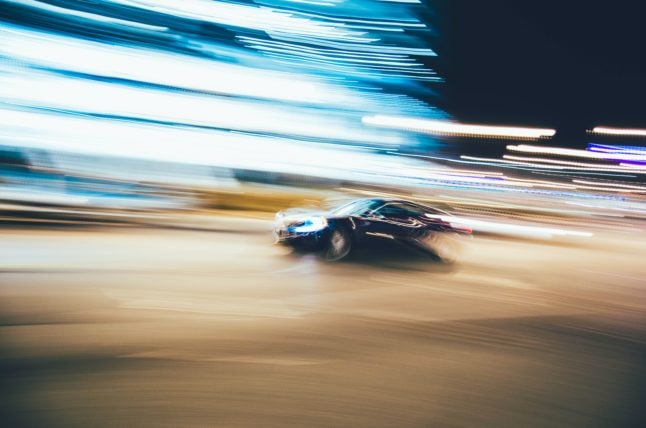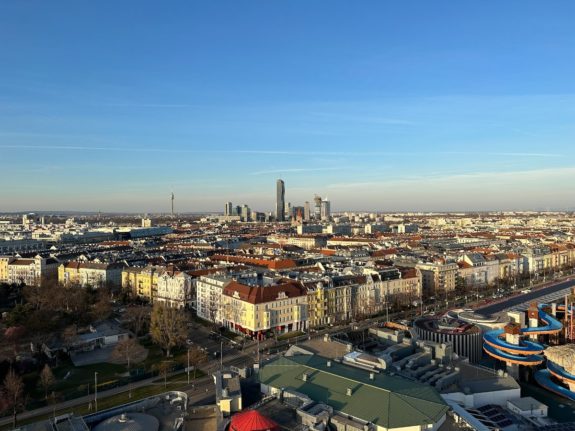“If you don’t have a car anymore, you can’t race”, Environment Minister Leonore Gewessler (Greens) said on Monday, when the government announced plans to toughen legislation against illegal street racing.
According to the government’s plans, drivers in Austria who are found guilty of extreme speeding will have their cars seized and auctioned off. The administration wants to deter what they called “boy racers” by threatening to take away their prize possession.
For many speedsters, their cars become “part of their identity”, the minister said.
“There is a speed at which the car becomes a weapon,” Gewessler said. The cars would be taken away from speeders “immediately and permanently”.
The government said they are trying to bring illegal street races and other cases of extreme speeding under control. They may seem rare in Austria, but they cause deaths, sometimes involving innocent bystanders.
READ ALSO: Austrian citizenship: Can you be rejected because of a driving offence?
If someone drives more than 60 kilometres per hour above the speed limit within a local area – or 70 kilometres per hour outside it – the car will, in future, be confiscated by the police directly on the spot. The driver’s licence will also be taken away.
Within two weeks, the respective district administrative authorities will then check whether it is a repeat offence. If there has already been an extreme speeding offence in the past, the vehicle will be taken away and auctioned off.
If someone drives more than 80 or 90 kilometres per hour above the speed limit, the car will be confiscated permanently on the first offence.
“At the speeds we’re talking about here, no one is in control on the roads anymore.” Gewessler expects 400 to 450 people a year to lose their vehicles.
READ ALSO: Does Austria have a street car racing problem?
In addition to confiscation, the Driving Licence Act stipulates that in case of a speeding offence of more than 40 km/h in urban areas or 50 km/h outside urban areas, the driving licence must, in any case, be temporarily confiscated.
With this, even if the car is leased or borrowed (which would prevent authorities from confiscating and auctioning it off), the racer will nevertheless not be allowed to drive.
Once the cars are auctioned off, 70 percent of the proceeds will go to the Road Safety Fund and 30 percent to the relevant local authority. Forfeiture of an impounded vehicle is in addition to a fine.



 Please whitelist us to continue reading.
Please whitelist us to continue reading.
Member comments